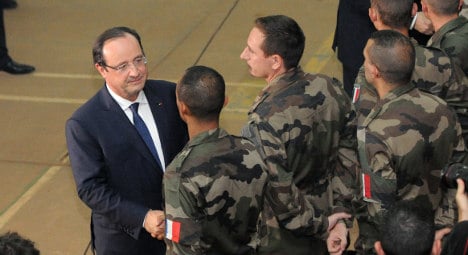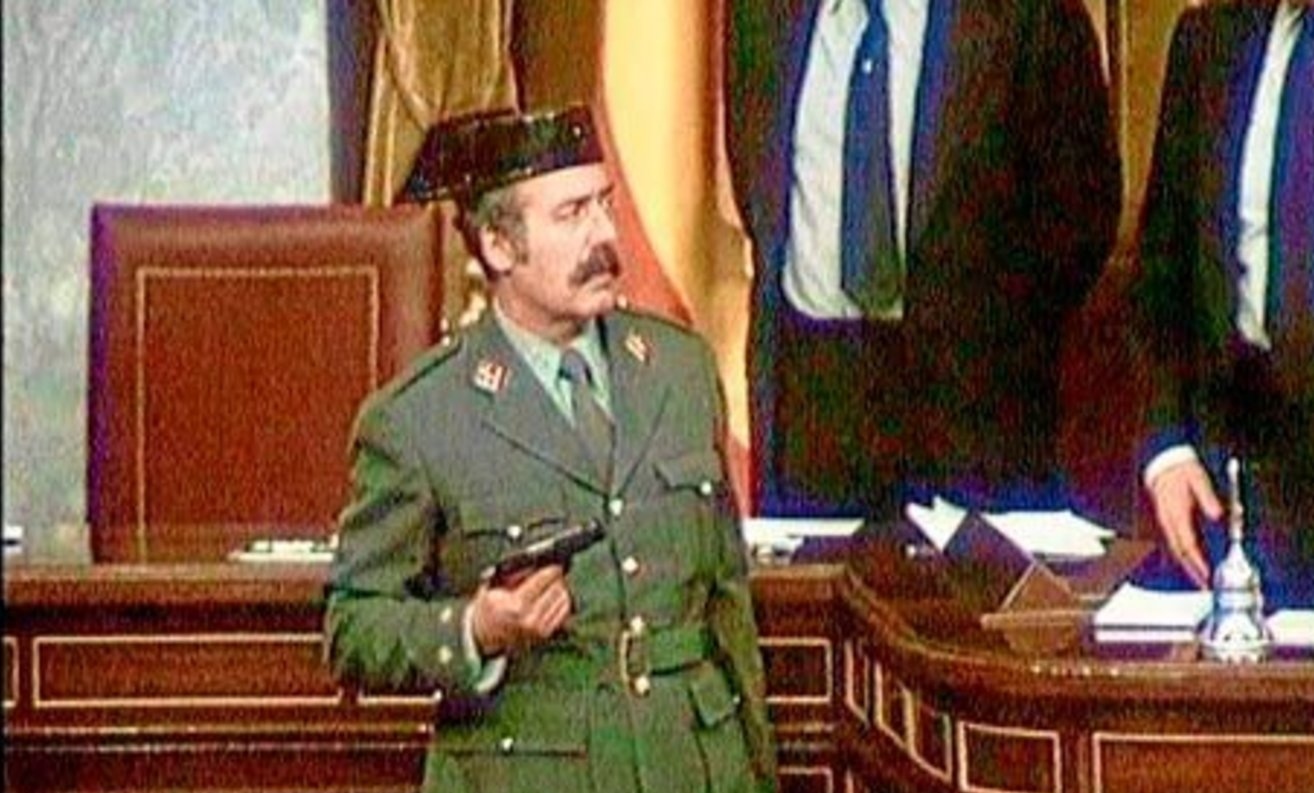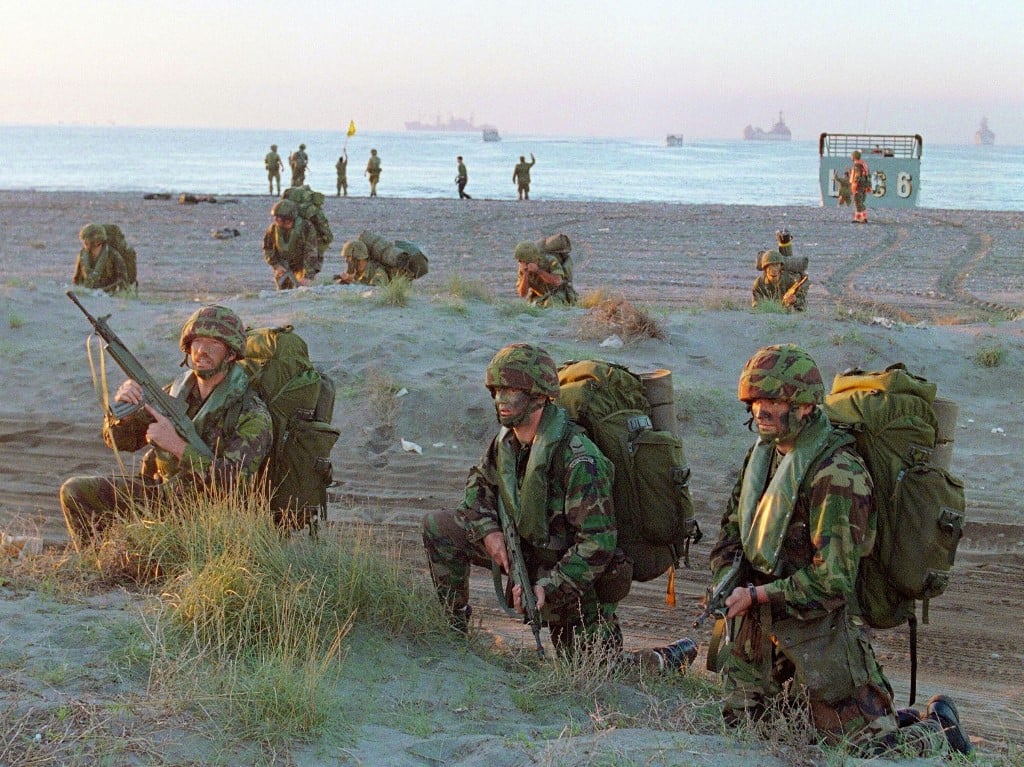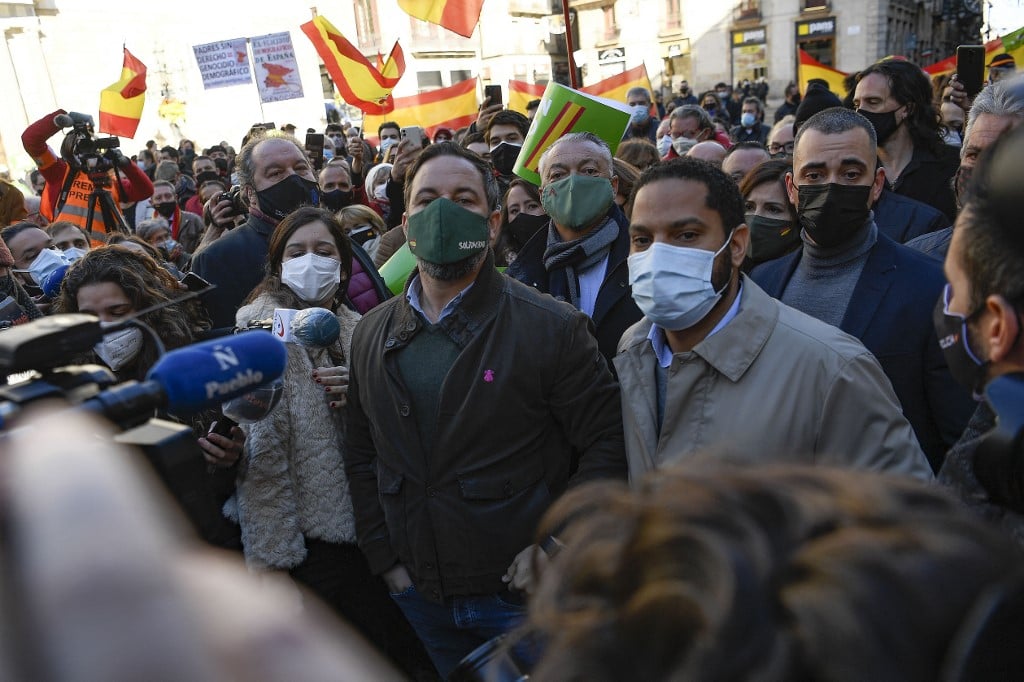Despite misgivings among some that French troops have been put into an uncontrollable situation in the former colony, deputies in the National Assembly voted 428-14 (with 21 abstentions) in favour of authorising the mission, which was launched in early December, to continue beyond April.
The approval had been anticipated with deputies almost unanimously agreeing that, whatever their reservations, pulling out the 2,000 French troops now in the CAR was not a viable option.
It came as the UN's refugee body said more than 15,000 people were surrounded and under threat of armed attack in locations in the northwest and southwest of the country.
UNHCR spokesman Adrian Edwards told reporters in Geneva that the vulnerable – mainly members of the minority Muslim community – were "at very high risk of attack" and urgently needed better security in the form of more international peacekeepers.
Although the situation in CAR remains extremely volatile, French Foreign Minister Laurent Fabius said Tuesday it would have been a lot worse if France had not intervened.
"If the Sangaris Operation had not been launched, the CAR would today be in a genocide situation," Fabius said on France 2 television ahead of the vote in the National Assembly. "The French were right to intervene."
French troops are supported by a 6,000-strong African Union force known as MISCA and France is pushing hard for the international forces to be transformed into an official UN peacekeeping force.
Paris is also lobbying its European partners to provide more financial and logistical help, with limited results so far.
The European Union has pledged to deploy up to 1,000 troops but negotiations on which countries will provide them are dragging on in Brussels and it remained unclear Tuesday when any of them would arrive in the CAR.
The UNHCR's Edwards said a much bigger force was needed to halt the cycle of violence.
"Their numbers are far too low considering the size of the country and the scope of the crisis," he said.





 Please whitelist us to continue reading.
Please whitelist us to continue reading.
Member comments